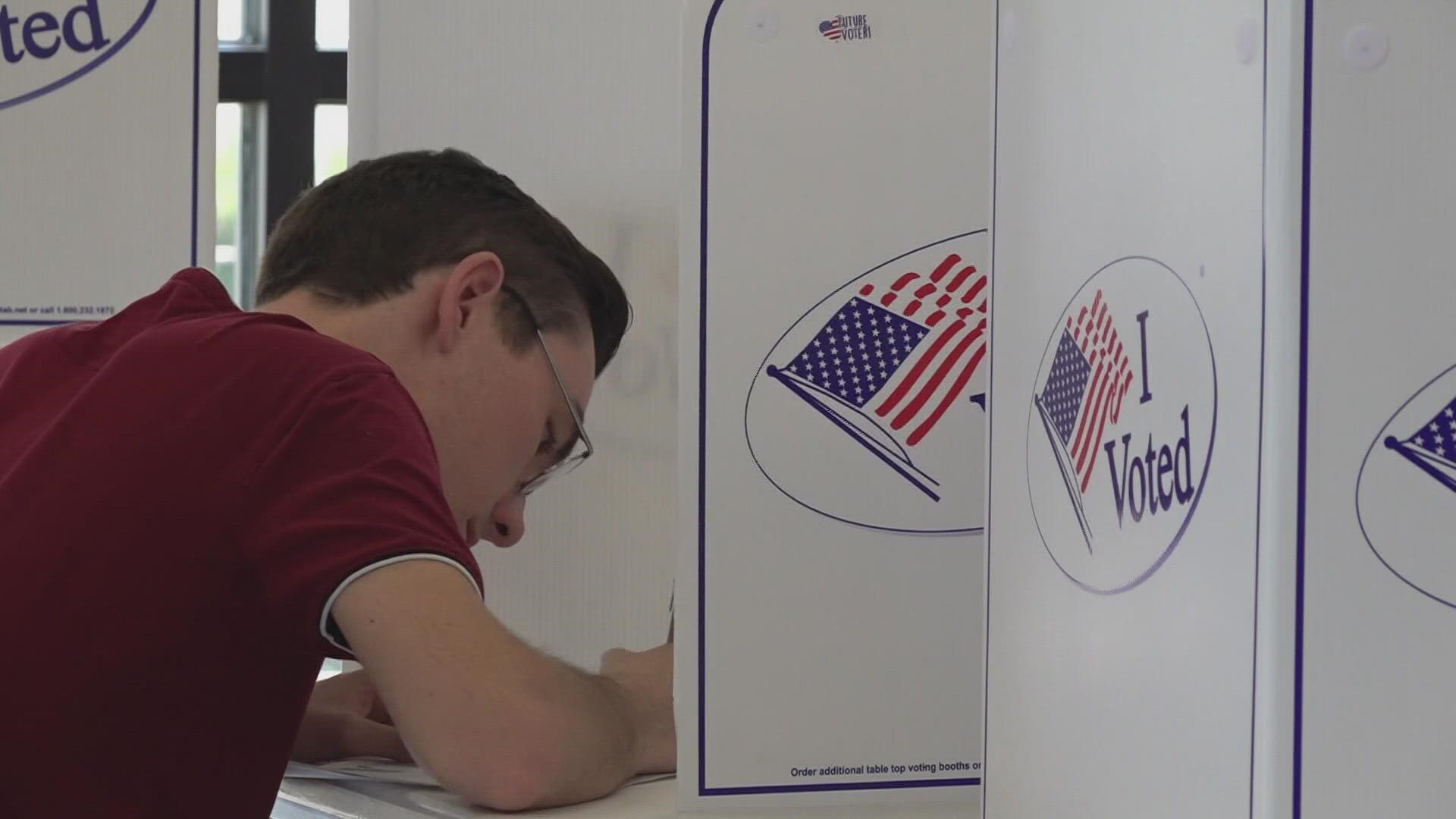NASHVILLE, Tenn. — Republican leaders across the state are endorsing what supporters call the "Right-To-Work Amendment," otherwise known as Amendment One on the Tennessee ballot.
Starting Wednesday, people will vote on a constitutional amendment targeting union membership. It echoes state laws saying employers cannot force workers to join unions. Federal laws already exist that also say that.
"It's about power," said June Rostan, the Vice President of Knoxville-Oak Ridge AFL-CIO. "And they don't want workers to have a voice or power."
Critics said Right-to-Work policies are designed to weaken unions and prevent worker organization by giving businesses more power over when they can fire employees. Without strong union representation, critics say that workers may be paid less and face more demands from their employers.
Nationally, workers have shown more interest in joining a union. The U.S. approval level of labor unions has recently reached its highest point since 1965.
However, supporters of Amendment One say that the policies are meant to give workers more of a choice.
"Right-to-Work says, as an employee, that you have a choice," said Amy Nolan, the Vice President of Regional Enhancement for the Knoxville Chamber of Commerce
Amendment One would effectively take state Right-to-Work laws and put them in the constitution, making them much harder to change in the future.
"This amendment, putting in in the Constitution, takes away workers' rights," Rostan said. "It will affect workers, the ability of workers to have a voice in the workplace."
"If you're already a unionized shop, this doesn't change whether you're a unionized shop or not," Nolan said.
Tennessee's Right-to-Work laws have been on the books for around 75 years. So, the amendment has also sparked discussions over why supporters and opponents think it's on the ballot now.
"I think that it really relates to some concern at the federal level, that that that those rights are under attack," Nolan said. "If you're forcing somebody to pay union dues, that does not wish to pay union dues. Really, that's an unfair tax on their job."
"Because they see that younger workers are speaking up and getting organized," Rostan said. "This law is designed to weaken unions to take away resources. Unions have to represent everybody."

